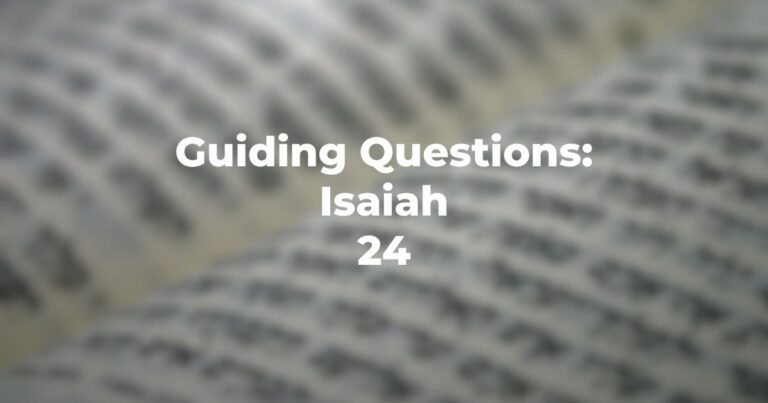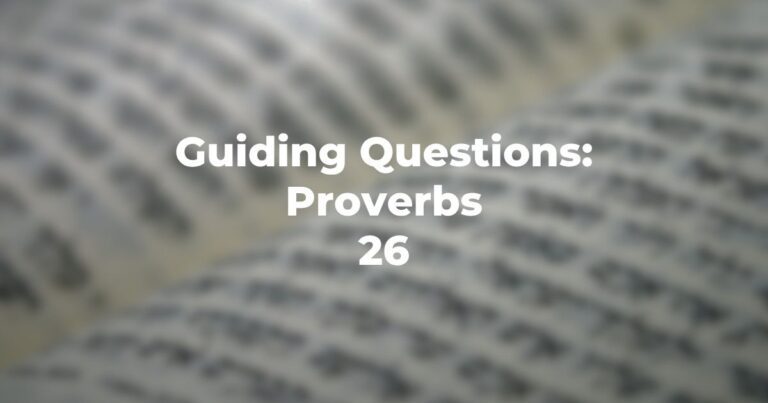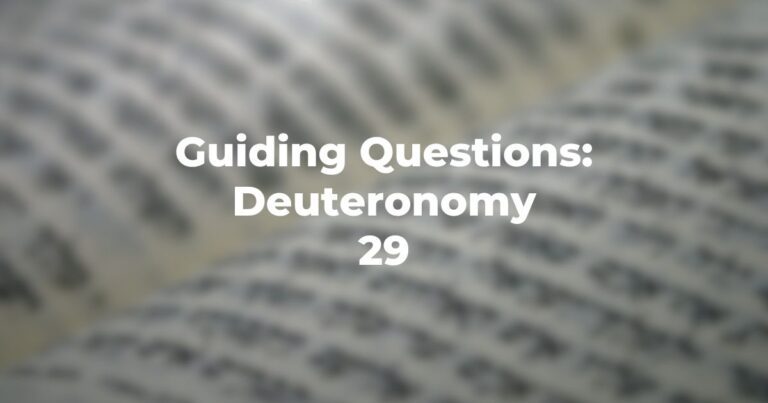- In Job 6:3, when did Job speak “recklessly”? Another version reads “therefore are my words broken [i.e. incoherent]”. Which version is more appropriate to the context?
- In Job 6:4, does Job express agreement or disagreement with Eliphaz’s assertions in Job 5?
- What is the point of the analogies in Job 6:5?
- As some commentators suggest, Job’s remarks in Job 6:6-7 may be a reference to his friend. If so, what is he saying in essence? [Note: a mallow is a plant that has sticky juice in its roots, stem, and leaves.]
- What, in essence, is Job’s request in Job 6:8?
- What is his consolation (Job 6:10)?
- In Job 6:11-13, what is Job’s complaint and what is he asking for by implication?
- What is Job’s attitude toward his friends (Job 6:14-15)? It is justified?
- What is the peculiar character of a wadi (Job 6:15-20) which Job uses as an extended metaphor?
- What do the geographic names Sheba and Teima represent (Job 6:19)?
- Is the expression “fair-weather friends” appropriate to Job’s condemnation of his friends (Job 6:21)?
- What is the essence of Job’s rhetorical questions (Job 6:21-22)?
- What it the essence of his opinion of Eliphaz’s argument (Job 6:24-28)?
- In the final analysis, does Job wish to alienate his friends (Job 6:28-29)?
- What does Job say about himself in Job 6:30?
Author
-

Exploring Judaism is the digital home for Conservative/Masorti Judaism, embracing the beauty and complexity of Judaism, and our personal search for meaning, learning, and connecting. Our goal is to create content based on three core framing: Meaning-Making (Why?), Practical Living (How?), and Explainers (What?).
View all posts





